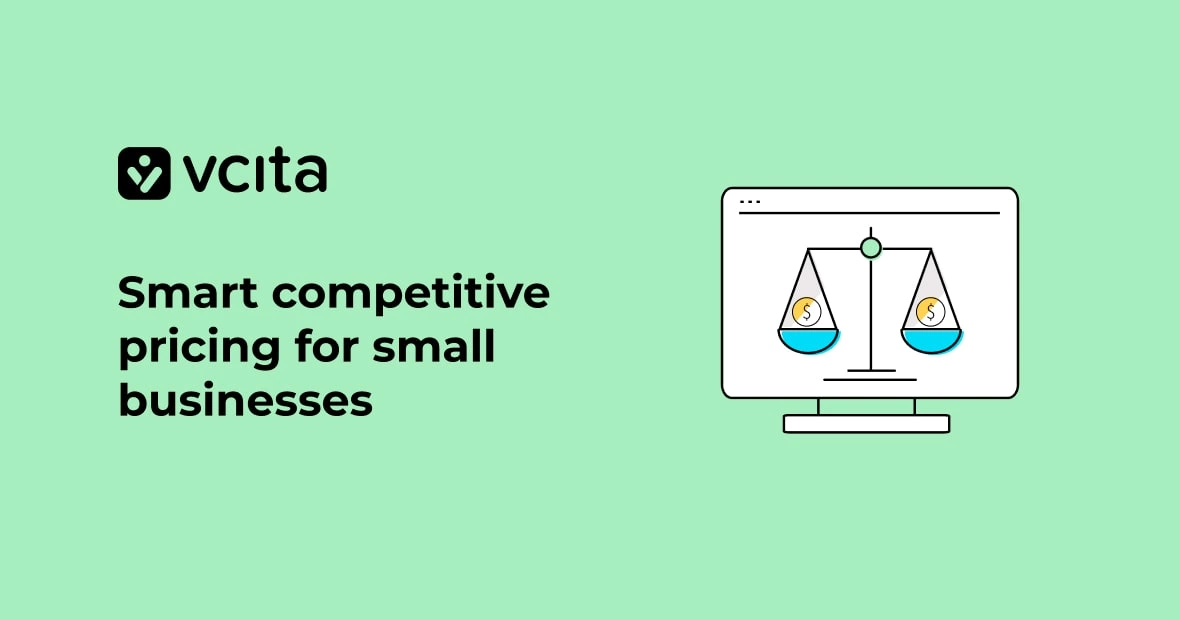Learning business lingo is something every entrepreneur should do. Luckily, you only need a few holes in your schedule to get familiar with the most basic business terms.
Getting to know them will help you understand the business world better and let you approach fellow entrepreneurs and investors with newfound confidence. Ultimately, you might even make a better impression and build stronger connections by showing you know the stuff.
So if you want to navigate the business world with your head held high, here are 30 of the key business terms you should know:
A/B testing
A way of finding out which version of something is performing better by comparing them against each other. For instance, you could compare two different versions of a landing page and decide on the one that performs better.
Accounts receivable
This is the balance of money clients or customers owe a business for goods or services that are already delivered. Accounts receivable provide an insight into how much money others owe to an organization at any time.
When listed on the balance sheet, they are considered a current asset.
Accounts payable
This is the amount of money a business owes to suppliers or creditors for the goods and services it received.
Assets
Assets are the cumulative financial holdings of a business. They can be current (short-term) or fixed (long-term) when listed on a balance sheet.
Cash or inventory falls into the category of current assets, while equipment or land falls under fixed assets.
B2B/B2C
B2B or business-to-business refers to businesses that sell goods or services to other businesses. B2C or business-to-consumer are businesses that sell to consumers.
Balance sheet
This is a financial statement that outlines business assets, liabilities, or shareholder or owner equity at a specific point in time.
Bounce rate
The bounce rate refers to the percentage of website visitors who land on a single page and leave without taking action. You can calculate it by dividing the total number of single-page visits by the overall number of visitors.
C-corporation
A publicly-traded company in which business owners are taxed as separate entities. This means that owners are not held responsible in case of lawsuits or business debts.
CTA
A CTA or call-to-action is a prompt that invites leads or visitors to take a specific action. For instance, click here button in an email.
CTR/CTOR
A CTR (click-through rate) is a percentage of users who clicked on a link or a CTA out of the total number of impressions (total of people exposed to a link).
For example, in email marketing, this number shows you how many users clicked on your link out of a total number of delivered emails.
CTOR (click-to-open rate) is similar but the difference is that it refers to the number of clicks out of the total number of opens.
Cash flow
Cash flow is the net amount of money transferred in and out of a business. Inflow is the money received and outflow is the money spent.
Cash flow statement
A cash flow statement is a financial report that details the ways funds were transferred in and out of a business during a given time.
Churn
This is the percentage of customers that stopped using a company’s product or service during a certain time frame.
Due diligence
Due diligence is the investigation of an investment conducted by a buyer or investor before receiving securities or signing a contract. This is a way for buyers to discover any problems or liabilities that a business might have.
Equity
Equity is the amount of total value of company assets that can be claimed by the shareholders or owners. It’s calculated by deducting the liabilities from the value of the assets.
Expenses
Expenses are funds spent on the operation of a business such as utilities, inventory, or equipment expenditures.
Income statement
A financial statement that outlines the company’s revenue and expenditures, showing whether a business is making a profit in a specific period.
Incubator
An incubator is a firm that helps early-stage businesses and entrepreneurs become successful and grow by providing things such as access to investors, mentorship, and workspaces.
Joint venture
A business arrangement in which multiple parties or businesses join up and pool their resources to complete a specific task. Both parties usually share the risk of the enterprise, as well as any profits.
LLC
An LLC or limited liability company is a business entity in which business owners’ assets are protected from any debt and lawsuit of the organization. It offers a lot of flexibility because it can be taxed in multiple ways and can have an unlimited number of shareholders.
Lead
Refers to the potential customer who discovered a business and gave out their contact info through the business’s outbound or inbound marketing channels.
Liabilities
These are debts owed by the business to other entities. Current liabilities are debts payable to a supplier while most business loans fall under long-term liabilities.
Net loss
A state in which the total expenses of the business exceed its overall revenue.
Net profit
The number of funds available to a business after deducting operating tax, and interest expenses in a specific amount of time. This is one of the most important parameters of the health of a business because it shows whether it can earn more money than it spends.
Profit margin
A measurement of how much profit a business keeps relative to total sales.
ROI
A calculation of the value of an investment versus its costs. The formula to calculate this number is (profit-cost)/cost.
Revenue
The amount of income that a business generates by selling goods or services through its main operations.
S corporation
A business entity in which shareholders file their tax returns and include the company’s losses and income as their own. S corps are attractive for small organizations with less than 100 shareholders due to more tax savings.
Sole proprietorship
A sole proprietorship is an independent business with a single owner. The profits in this type of business are taxed as the personal income of the owner. They’re one of the easiest business entities to set up that can hire employees (only if they have an employee identification number).
Venture capital
Venture capital is a form of private equity that finances new companies with potential but limited operating history. New companies sell the stakes of the company to venture funds in exchange for financial and technical support.




























